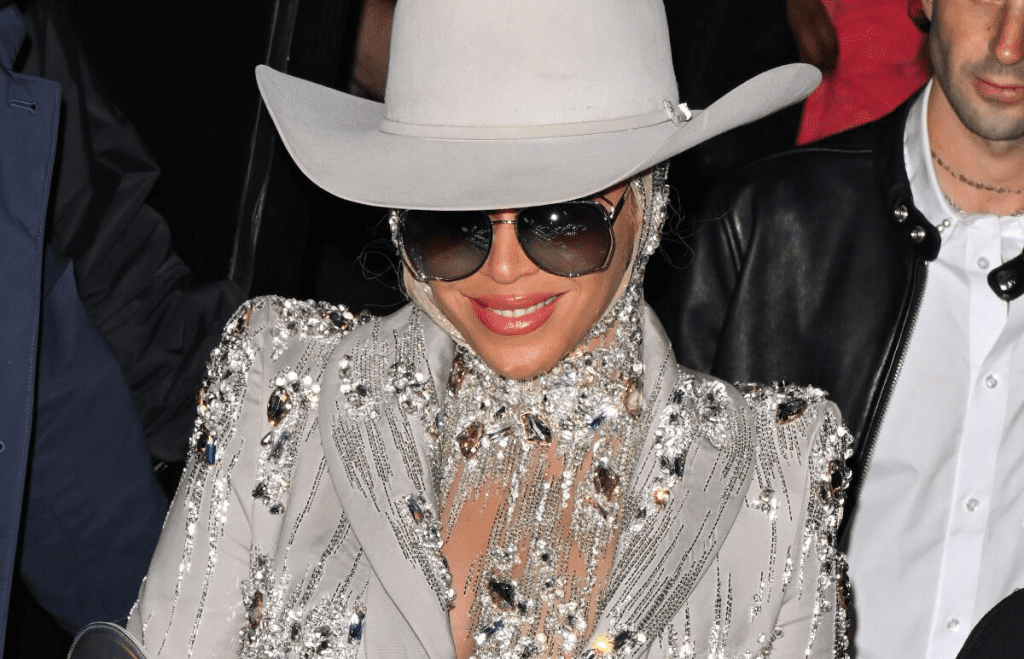In a surprising turn of events, country music star Chris Stapleton has officially filed an objection to Beyoncé’s recent Grammy win for Best Country Album for her project “Renaissance.” Stapleton’s move has ignited a heated debate within the music industry, as he argues that the album does not fit the traditional criteria of a country record.

The controversy began when Beyoncé’s “Renaissance” was nominated and subsequently awarded the Grammy for Best Country Album, a decision that left many in the country music community questioning the validity of the win. Stapleton, known for his soulful voice and authentic country sound, expressed his concerns in a statement, saying, “Even she admits this is not a country album.”
Stapleton’s objection highlights a growing tension between genres in the music industry, particularly as artists increasingly blend styles and push the boundaries of traditional classifications. While Beyoncé’s album has been praised for its innovative sound and cultural impact, many country artists feel that awarding a Grammy in this category to a project that does not adhere to the genre’s conventions undermines the hard work and dedication of country musicians.

In his official objection, Stapleton emphasized the importance of maintaining the integrity of the country music genre. “Country music has a rich history and a distinct sound that deserves to be recognized and celebrated,” he stated. “We need to ensure that the awards reflect the true essence of the genre and honor those who have dedicated their lives to it.”
The backlash against Beyoncé’s win has sparked discussions about the evolving nature of music and the criteria used by the Recording Academy to determine genre classifications. Critics argue that the Grammy Awards should adapt to the changing landscape of the music industry, while others believe that traditional definitions should be upheld to preserve the authenticity of each genre.

As the debate continues, the Recording Academy has yet to respond to Stapleton’s objection. The situation has drawn attention from fans and industry insiders alike, with many weighing in on social media to express their opinions on the matter.
In conclusion, Chris Stapleton’s official objection to Beyoncé’s Grammy win has opened up a broader conversation about genre classification and the integrity of music awards. As artists continue to experiment and blend styles, the music industry must navigate the complexities of recognition and representation, ensuring that all genres are honored appropriately. The outcome of this controversy may have lasting implications for future Grammy nominations and the way genres are defined in an ever-evolving musical landscape.


